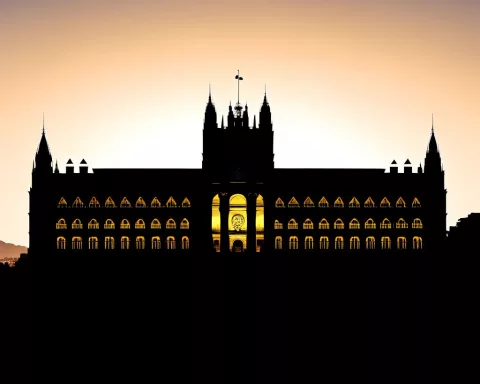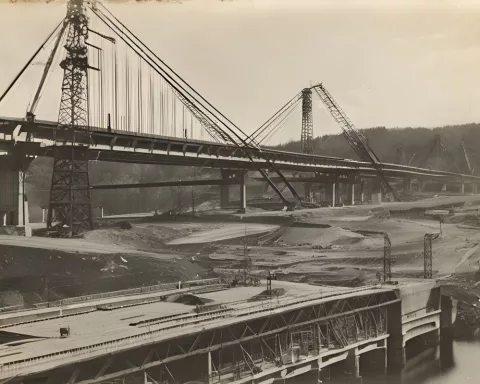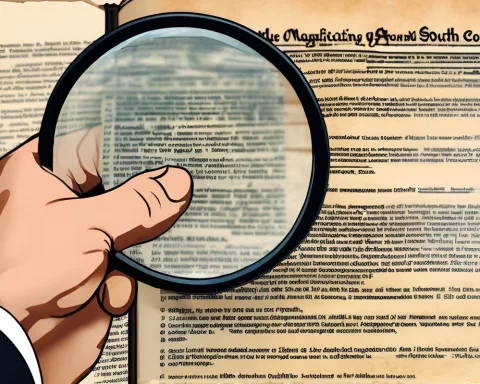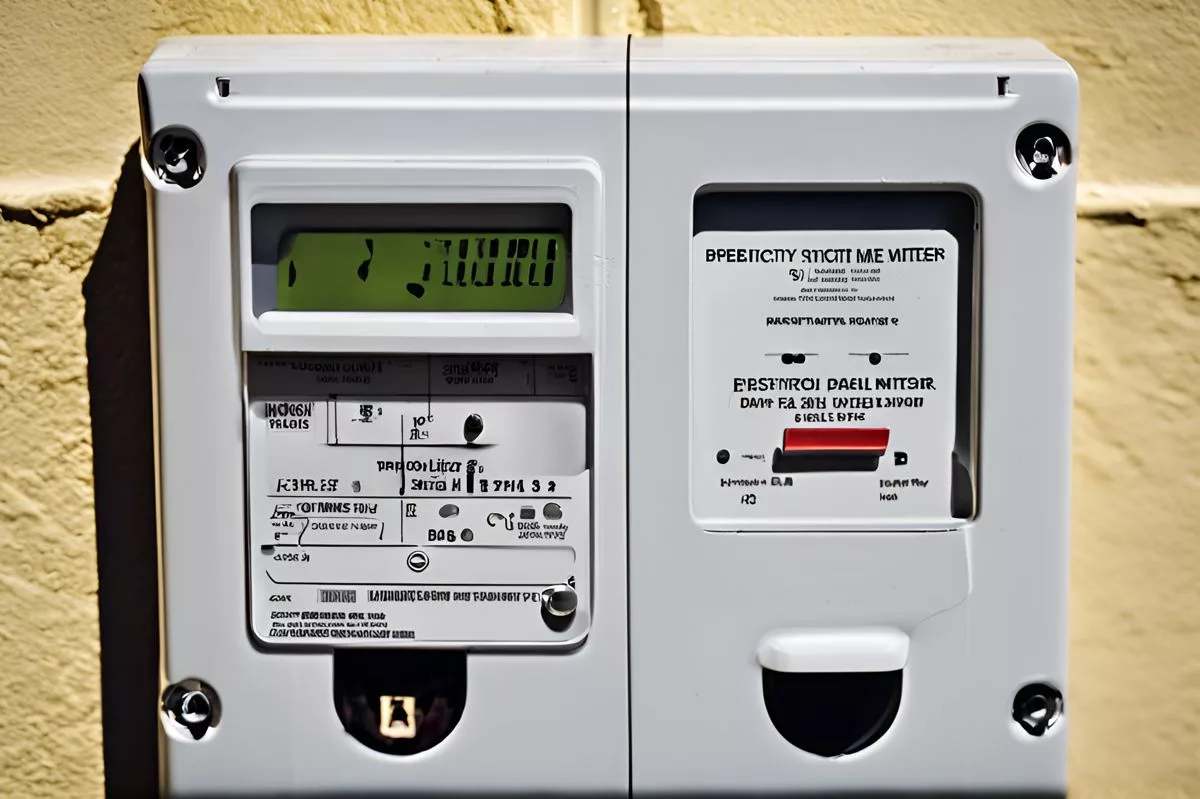In October 2024, the Portfolio Committee on Communications and Digital Technologies embarked on an important journey through South Africa’s Eastern Cape. Their mission was to see how well communication and digital policies were working for the local communities, visiting places like post offices and community radios. They spoke with officials and locals, uncovering both challenges and successes in connecting people and sharing information. This visit was not just a routine check; it showed how vital technology and communication are in empowering communities and strengthening democracy, aiming for a brighter future for everyone.
What was the purpose of the oversight visit to Eastern Cape by the Portfolio Committee on Communications and Digital Technologies?
The oversight visit, conducted from October 8, 2024, aimed to assess the impact of communication and digital policies in the Eastern Cape. The committee engaged with local officials and inspected facilities to ensure accountability and transparency in governance, fostering effective communication for societal advancement.
The Oversight Visit Unveiled
In the vast and diverse landscapes of South Africa’s Eastern Cape, an important journey is taking place. The Portfolio Committee on Communications and Digital Technologies has embarked on a four-day oversight visit, with a clear mission to scrutinize the role of the Department of Communication and Digital Technologies and the Government Communication and Information Systems (GCIS) in the Alfred Nzo and OR Tambo districts. This expedition began on October 8, 2024, aiming to assess the vital impact of communication policies and digital advancements in these areas. Such missions are deeply rooted in South Africa’s constitutional mandate to oversee and evaluate the performance of state organs, ensuring accountability and transparency.
South Africa’s Constitution entrusts Parliament with an essential responsibility: overseeing all state organs, including those at provincial and local levels. This responsibility empowers parliamentary committees with the authority to summon individuals or institutions to testify or provide documentation, fostering transparency and accountability. This oversight process is not just a procedural formality but a core component of democratic governance. It protects public interests and supports effective administration, ensuring that citizens’ needs are met through transparent and accountable governance.
The first day of the oversight visit focused on the Alfred Nzo District Municipality. The committee gathered at the municipal offices, engaging with local officials to analyze the challenges and successes of current communication and digital policies. The visit included inspections at the Emaxesibeni Post Office and Alfred Nzo Community Radio, providing a tangible insight into how these government initiatives affect daily life. Far from being mere bureaucratic procedures, these visits offered a real glimpse into the experiences of everyday citizens, for whom these services are vital sources of information and connectivity.
In-Depth Exploration of Local Impact
On the second day, the oversight journey continued in Flagstaff, located within the Ingquza Hill Local Municipality. The committee’s itinerary featured inspections of a community health center, library, post office, and the Inkonjane Community Radio, with the day culminating at the Sentech transmitter site. Each visit provided a unique perspective on how communication and digital infrastructures come together to serve public needs. Libraries, for instance, act as bridges across the digital divide, fostering educational development, while community radios amplify local voices and stories, offering a platform for narratives that might otherwise remain unheard.
The committee traveled to Port St John’s on the third day, where meetings at the municipal offices transitioned into a series of site visits. Inspections included the local library and information center, health center, post office, and Sajonisi Community Radio. These venues highlighted the essential role communication plays in healthcare and education and underscored the importance of effective information dissemination channels for societal well-being.
As the week progressed, the focus shifted to Mthatha on the final day. The committee convened at the OR Tambo District Municipality offices before embarking on an exhaustive tour that included visits to the Sentech transmitter site, the Department of Basic Education offices, Walter Sisulu University, and other key locations. The inclusion of Walter Sisulu University underscored the significant intersection of technology and education. Universities serve as hubs of innovation, where digital technologies enhance academic discourse and research, supporting the growth of a new generation of thought leaders and innovators.
Reflections on Democracy and Empowerment
At the heart of this oversight visit is an examination of democracy itself. Democracy is not a static concept; it is a dynamic, evolving process. It flourishes when citizens and their representatives engage in meaningful dialogue and scrutiny, as exemplified by these oversight activities. Each action taken by the committee reaffirms the democratic principles that are foundational to South African society, promoting a culture of governance that is both transparent and accountable.
Through these formal assessments and inspections, a deeper understanding emerges: communication and digital technologies are not just functional tools; they are mechanisms of empowerment. They bridge societal divides, connect remote communities, and provide platforms for diverse voices to be heard. Within the colorful mosaic of South Africa’s democracy, these technologies weave threads of unity, crafting a cohesive national narrative.
As the committee engages in discussions and dialogues with local stakeholders, the significance of their findings becomes clear—they will influence beyond the confines of meeting rooms and inspection sites. Their conclusions will shape policies, guide decision-making processes, and ultimately impact the lives of countless South Africans. The oversight visit is not merely an exercise in accountability; it is a testament to the transformative power of communication in nurturing a more informed and participatory society.
A National Commitment to Connectivity
In essence, this oversight visit to the Eastern Cape epitomizes a broader national commitment: harnessing communication and digital technologies for societal advancement. It emphasizes a dedication to ensuring that these tools meet the needs of all South Africans, from the rural landscapes of Alfred Nzo to the bustling urban centers like Mthatha. The visit vividly demonstrates how governance, when infused with innovation and inclusivity, can shape a brighter, more interconnected future for all citizens.
FAQ: Exploring Communication and Digital Technology: A Journey Through Eastern Cape
What was the purpose of the oversight visit to Eastern Cape by the Portfolio Committee on Communications and Digital Technologies?
The purpose of the oversight visit, which took place from October 8, 2024, was to assess the effectiveness of communication and digital policies in the Eastern Cape. The committee aimed to engage with local officials, inspect facilities, and ensure accountability and transparency in governance, ultimately fostering effective communication for societal advancement.
Which areas were visited by the committee during their oversight journey?
The committee visited various locations within the Eastern Cape, specifically focusing on the Alfred Nzo and OR Tambo districts. Key sites included the Emaxesibeni Post Office, Alfred Nzo Community Radio, a community health center, libraries, the Sajonisi Community Radio, and educational institutions like Walter Sisulu University.
What key findings did the committee uncover during their visit?
The committee identified both challenges and successes in implementing communication and digital policies. They discovered how essential these services are for local communities, noting the vital role of libraries and community radios in bridging the digital divide and amplifying local voices, thereby enhancing public engagement and information sharing.
How does the oversight visit relate to the principles of democracy?
The oversight visit underscores the dynamic nature of democracy, emphasizing the importance of meaningful dialogue between citizens and their representatives. The committee’s activities promote accountability and transparency in governance, reinforcing the democratic principles foundational to South African society and ensuring that citizens’ needs are met.
How can communication and digital technologies empower communities?
Communication and digital technologies serve as mechanisms of empowerment by connecting remote communities, bridging societal divides, and providing platforms for diverse voices to be heard. Their effective implementation can lead to improved access to information and services, enhancing overall community well-being and participation in democratic processes.
What is the broader national commitment reflected in this oversight visit?
The oversight visit epitomizes a national commitment to harnessing communication and digital technologies for societal advancement. It illustrates a dedication to ensuring that these tools meet the needs of all South Africans, emphasizing innovation and inclusivity for a brighter, interconnected future.












